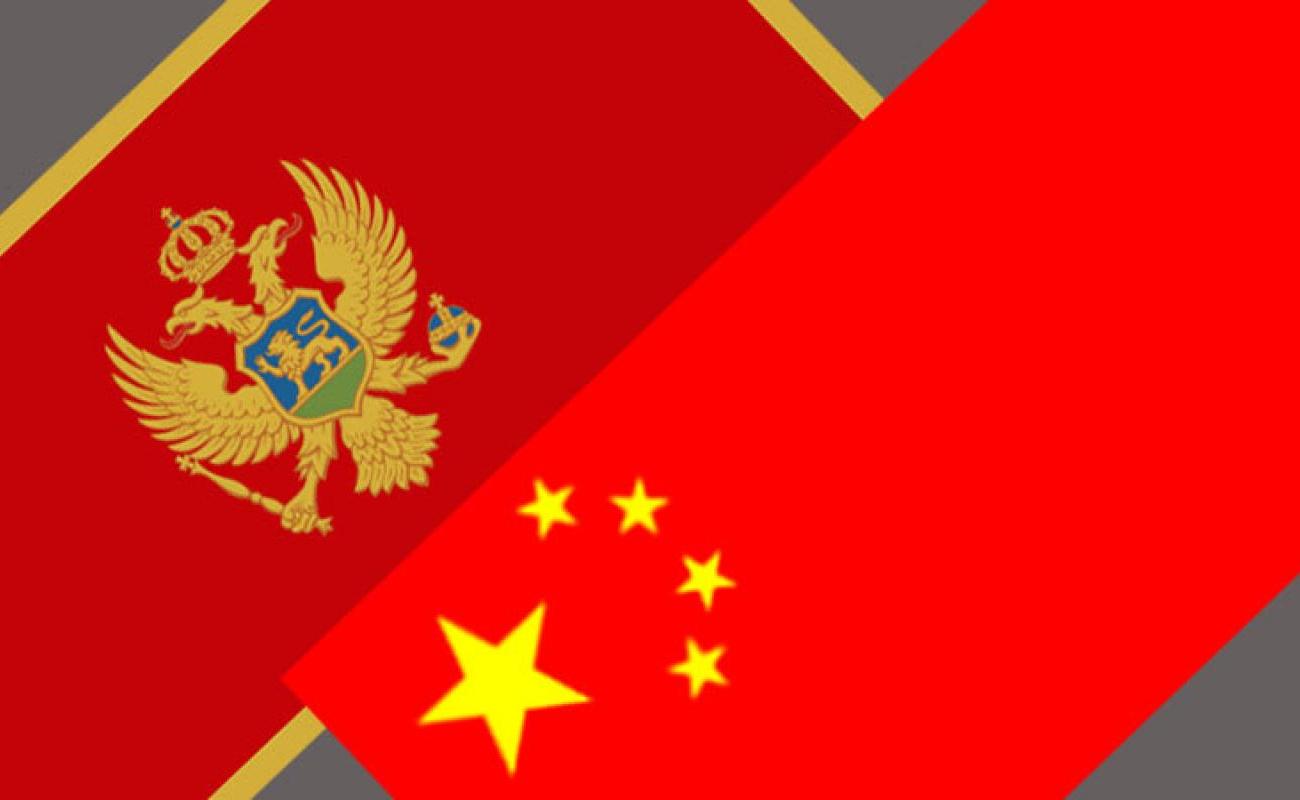China's soft power game in Montenegro

ONCLUSION
Soft power, or the ability of a country to convince others to do what it wants, is a tool that China applies around the world and is very present in the countries of the Western Balkans. Chinese embassies in the countries of the Western Balkans initiate various collaborations with media, educational and cultural institutions. The text analyzes the way in which China exercises soft power in Montenegro, which is accompanied by economic influence through the financing of infrastructure projects, the most famous of which is the construction of the Bar-Boljare highway, which was characterized by non-transparency, fiscal and environmental problems, and Montenegro is even placed in a situation where it cannot pay off its debt to a Chinese investor and on the verge of a debt trap, from which it was saved by European financial institutions.
The soft power that China achieves in Montenegro, the methods and tools it uses to achieve that goal, are the same in almost all countries of the Western Balkans. Thus, journalists are regularly invited to travel to China (which are strictly controlled by the Chinese authorities), distinguished professors to give lectures at Chinese universities, artists, cultural workers, representatives of institutions... In other countries of the Western Balkans, too, Chinese investments are characterized by non-transparency, violation of domestic legislation, international and environmental standards.
Everything stated in the text clearly indicates that not only government officials in the countries of the Western Balkans, but also the media, educational, cultural and other institutions should act cautiously when it comes to cooperation with Chinese institutions
